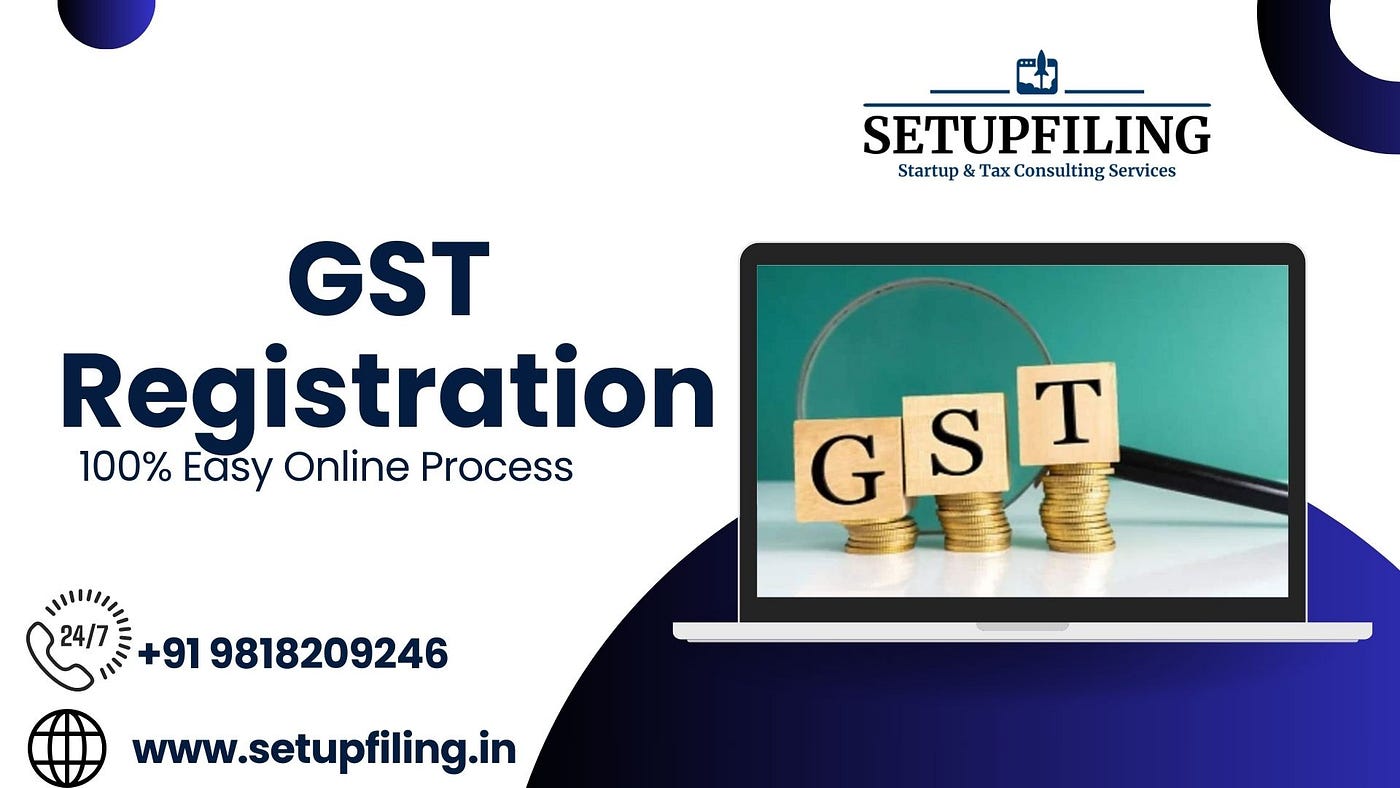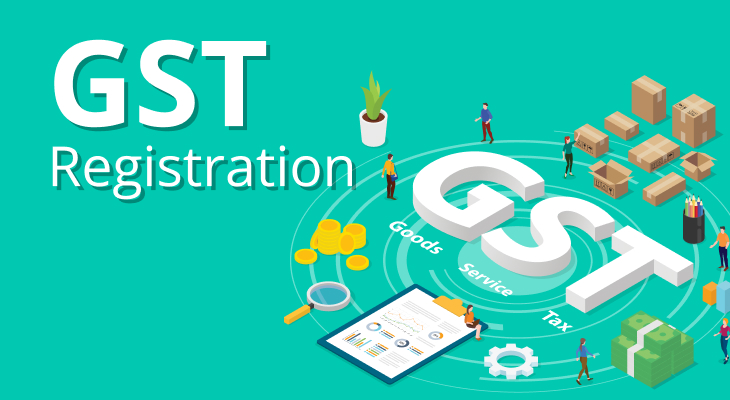How to Find the very best GST Registration Services in Singapore Quickly
How to Find the very best GST Registration Services in Singapore Quickly
Blog Article
From Beginning To End: The Ultimate Roadmap to GST Enrollment for Services Seeking Financial Stability
Browsing the complexities of Item and Provider Tax Obligation (GST) enrollment is an important action for organizations pursuing financial security. From recognizing the fundamental principles of GST to following post-registration guidelines, the process can seem intimidating in the beginning glance. However, damaging down the roadmap into workable actions can streamline the registration trip for companies wanting to boost their financial standing. Let's discover the crucial elements that make up this supreme roadmap and uncover exactly how each phase adds to laying a solid foundation for monetary success.
Recognizing GST Basics
Exploring the essential concepts of Product and Solutions Tax (GST) is necessary for gaining an extensive understanding of its implications on organizations and the economy. GST is a value-added tax obligation levied on many goods and services for domestic consumption. It has actually changed multiple indirect taxes that existed in the pre-GST era, improving the tax framework and improving ease of doing business in India. Under the GST system, both items and solutions are strained at a details price, which is determined based upon their category. Services are needed to register for GST if their yearly turn over exceeds the threshold restriction set by the government. Input Tax Credit (ITC) is a significant attribute of GST, permitting companies to assert credit report for tax obligations paid on inputs, minimizing the total tax obligation burden. Understanding the essentials of GST is critical for businesses to adhere to tax obligation regulations, handle their finances efficiently, and add to the country's financial development by joining a clear tax obligation system.
Qualification Standards for Registration
As of the present regulations, the threshold limitation for GST registration is a yearly accumulation turn over of 40 lakhs for companies operating within a state, other than for special classification states where the limit is 20 lakhs. Additionally, particular services are required to sign up for GST regardless of their turnover, such as interstate suppliers, casual taxed persons, and businesses accountable to pay tax under the reverse fee system. It is essential for businesses to extensively analyze their turn over and transaction kinds to determine their GST enrollment commitments properly.
Papers Required for Registration
Having fulfilled the eligibility requirements for GST registration, companies have to now ensure they have the requisite files in position to proceed with the registration process successfully. The documents required for GST enrollment usually include proof of business constitution, such as collaboration action, enrollment certificate, or unification certificate for different sorts of businesses. Furthermore, companies require to give documents establishing the principal workplace, such as a rental arrangement or power bill. Frying pan card of business, in addition to the identity and address evidence of promoters/partners/directors, are essential for verification objectives. Checking account declarations, together with terminated cheques or a duplicate of the bank passbook, are required to validate the financial details offered throughout enrollment. Furthermore, services need to have digital trademarks all set for the accredited signatory. Ensuring all these records are arranged and easily offered will quicken the GST registration procedure, allowing services to abide by tax guidelines flawlessly.
Step-by-Step Enrollment Process
Commencing the GST enrollment procedure entails a collection of organized steps to ensure a smooth and compliant enrollment for organizations. The very first step is to check out the GST site and load out the registration kind with accurate details of the company entity. Following this, the applicant receives a Momentary Referral Number (TRN) which is made use of to resume the application process if it's not completed in one go.
Following, all called for files according to the checklist given page by the GST portal need to be submitted. These records normally consist of proof of business address, registration and identification proofs of marketers, economic statements, and business entity's PAN card.

Post-Registration Compliance Guidelines

Conclusion
Finally, organizations looking for financial security needs to comprehend the fundamentals of GST, fulfill qualification criteria, collect required records, follow the step-by-step enrollment procedure, and follow post-registration guidelines - Best GST registration services in Singapore. By sticking to these steps, companies can make sure compliance with tax obligation policies and preserve economic stability in the future
In addition, particular businesses are needed to register for GST irrespective of their turnover, such as interstate providers, laid-back taxable persons, and organizations responsible to pay tax obligation under the reverse charge mechanism.Having satisfied the qualification criteria for GST registration, services need to currently guarantee they have the requisite papers in area to continue with the registration procedure efficiently. The records needed for GST enrollment normally include evidence of company constitution, such as collaboration deed, enrollment certification, or incorporation certificate for different kinds of companies. Additionally, businesses need to offer papers establishing the principal location of service, such as a rental arrangement or electricity bill.Beginning the GST enrollment procedure includes a collection of organized steps to make sure find more information a certified and smooth registration for businesses.
Report this page